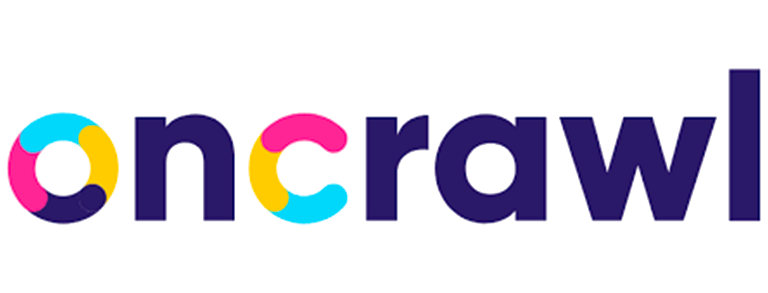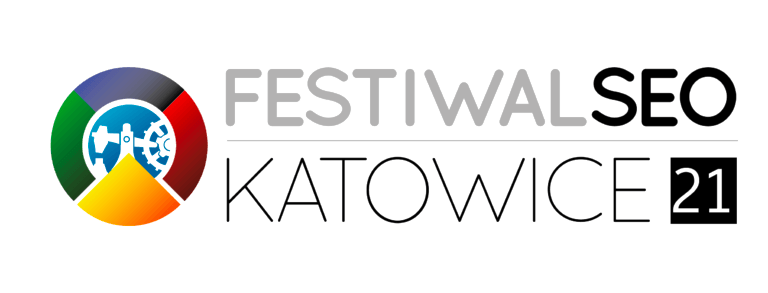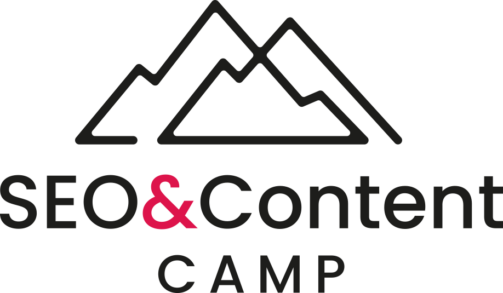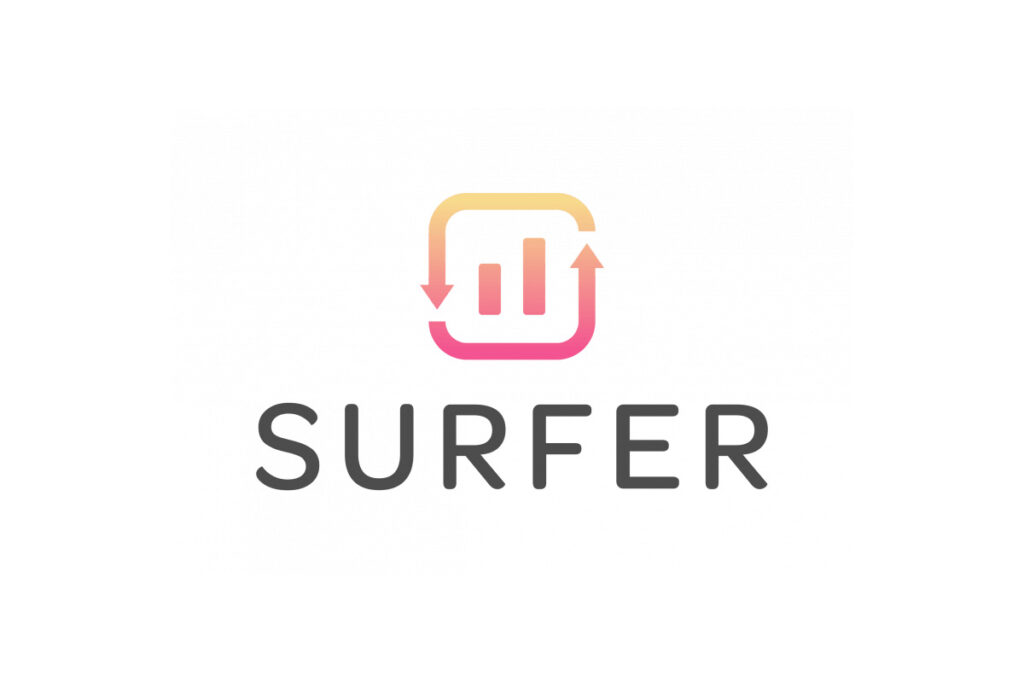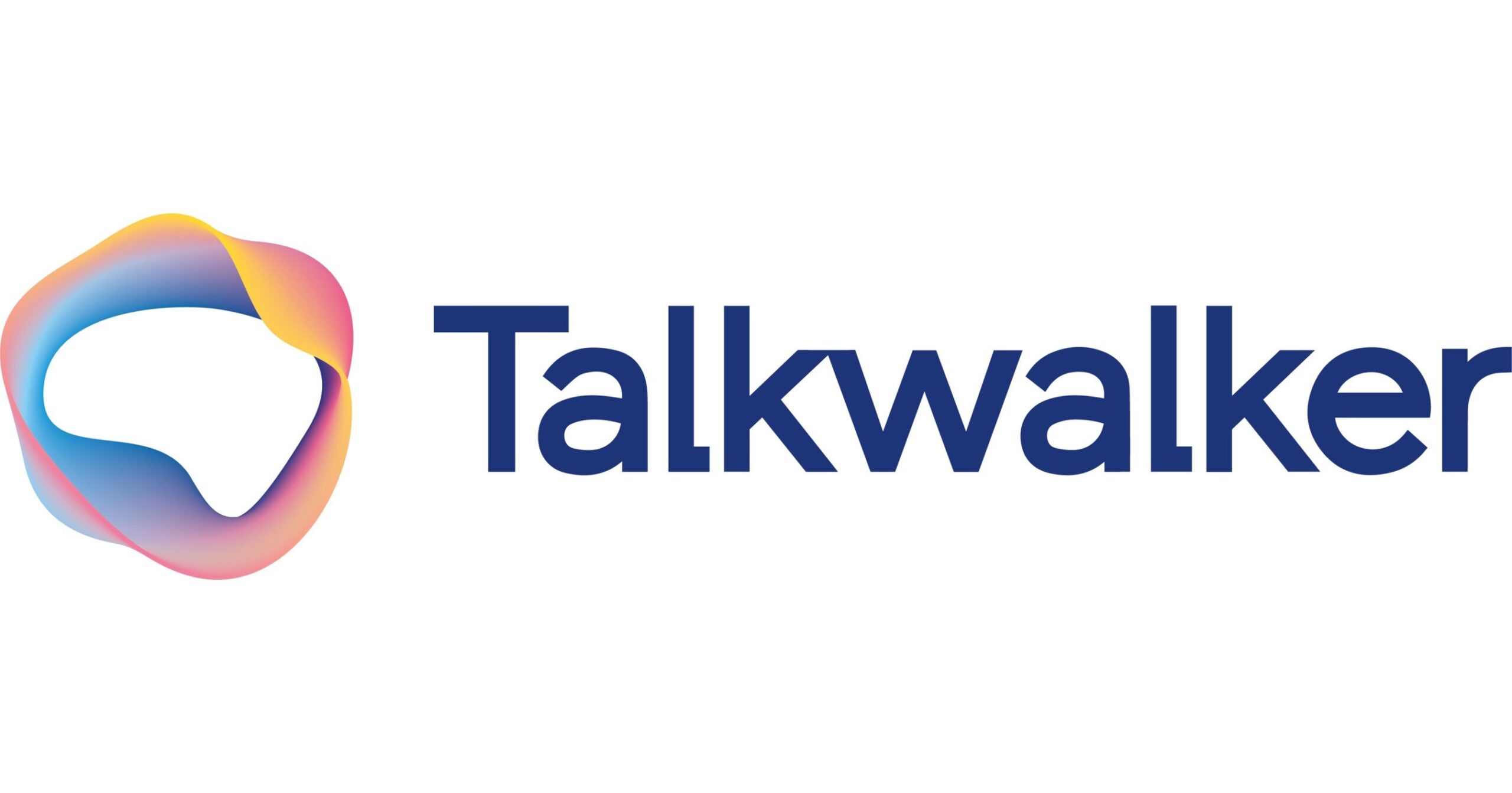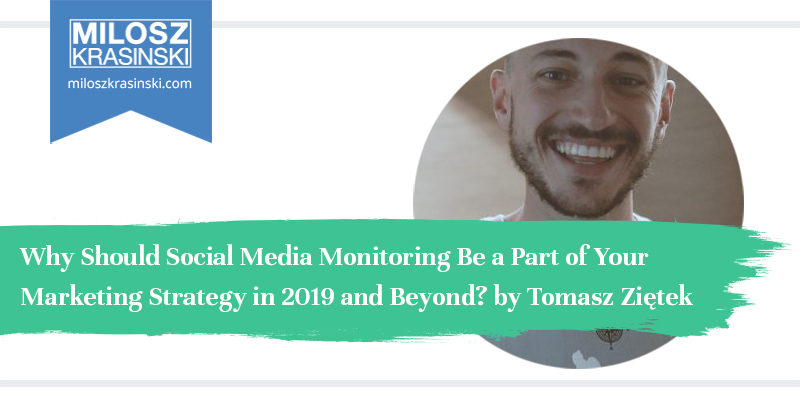How did you become an SEO?
Omi Sido: I worked as a front-end developer for about 4-5 years, and I got horribly sick of it. Not that much with codding really but with the marketers at the time who really didn’t know much about Digital Marketing.
Building websites from scratch is not an easy job and not seeing visitors coming to my creations was simply killing me. So one day I simply decided to take matters into my own hands and started learning Digital Marketing.
I am self-taught and I was applying for jobs for around 2 years before I got my first proper SEO job.
What did you learn from Canon?
Let’s start with the fact that most of the time small companies focus on developing one product while big corporations like Canon can facilitate the development of many products. This means a lot of jobs, and subsequently a lot of opportunities for growth and learning.
Big companies regularly try to invest in employees through education, skill development, and career assistance programs to help align every member of staff personal career goals with positions they would like to work towards within the company. Not only is there exposure to other positions, but within my company, I also have the opportunity to learn new technologies and explore other products as well.
Through Canon, I’ve taken various training on topics related to my current and future career trajectories, as well as some that are just of general interest to me.
What is the future of SEO?
Similar to what I said in my article SEO in 2019 “Google understands that our customers need to be served the not just the most helpful but also the most human result”. And this is how I see the future of SEO – becoming more and more human-oriented.
Why do I think that? Well, because Google is becoming more human-like every single day. You just have to look at every single algorithm update in recent years to understand that they all have one thing in common: to give the searchers the best possible answer to their query.
I don’t need to tell you that we really want Google to know what we want. Not just that but we want Google to be able to read our minds and give us what we’re looking for even if we don’t know ourselves.
Machine learning Yay or Nay? Any thoughts on this?
When you come to Machine learning I am all in. If you really want to know my opinion about Machine learning watch this short video on The Future of Digital Marketing.
Instead, today I want to talk about something that only a few people are discussing online – predictive modelling.
As the field of machine learning continues to mature, the complexity of its predictive modelling capabilities will continue to grow exponentially. We can already see predictive modelling in action on sites like Amazon, which recommend products to users based on their previous behaviour.
I may even say that in many cases Amazon knows what you need before you even know that you need it (lol).
Jokes aside, many people don’t realise that 35% of Amazon.com’s revenue is generated by its recommendation engine.(Source:https://www.mckinsey.com/industries/retail/our-insights/how-retailers-can-keep-up-with-consumers).
This is a true example of Machine learning in action impacting not just the user experience but also revenue.
SEO trends for 2019? Any technical aspect to look into specifically?
Mobile will be big again in 2019. But as I said many times in the past, only having a responsive design is not enough. Try to understand how people will consume your content on mobile devices as for your business mobile intent might differ entirely from desktop.
Most of the times it’s just a matter of simplifying the navigation, make tapping and pinching easier with better spacing or changing the orientation of an image.
Marketing research should drive the purpose and design of every mobile page.
If you could attend 5 SEO conferences for one year which ones would you choose?
First let me say that attending SEO conferences is a great way for networking, gaining exposure and knowledge in the online marketing industry. An SEO Conference can offer you the chance of meeting experts and influencers in person, learning about the new tools in our industry and undoubtedly SEO conferences are the best place for building connections for further learning, unlearning and relearning.
“The illiterate of the 21st century will not be those who cannot read and write, but those who cannot learn, unlearn, and relearn”. Alvin Toffler
My top 5 list of SEO conference is (in no particular order):
- BrightonSEO
- SearchLeeds
- Benchmark Search Conference
- Digital Elite Day
- The Marketing Business Summit, Milan
SEO and things to avoid? What are the old techniques?
Where do I start? Let me give you my top 2.
1. Optimising for irrelevant keywords.
I see many marketers out there obsessed with their website traffic to the total neglect of conversions.
Is your traffic important? Absolutely.
But your traffic does not indicate how successful your website is (how successful your online business is). Unless of course, your primary goal is to get more traffic. And who has that as their goal, really?
I say it almost every time I am on stage: a well-thought keyword strategy can help your business to get better leads, more organic traffic, relevant and interested visitors, better engagement and last but not least more conversions.
2. Ignoring technical SEO
Many digital marketers out there believe that when it comes to SEO you don’t need to be a technical person. The same people believe that powerful copywriting and awesome outreach strategies are enough to push your way to the top of the SERPs.
In other words, they completely ignore technical SEO in favour of content marketing.
Well, after being in the SEO industry for quite a long time now I can definitely tell you that you need to be doing both, and you need to be doing each very well.
In my experience, technical SEO will bring visitors to the site by making it easier for Google to understand your business. On the other side, great content will keep people on your website, making it worthwhile for Google to send visitors there.
It’s a win-win situation for everybody.
What SEO industry people to follow in 2019?
I have to be honest with you, Milosz, I follow a lot of SEOs online. Naturally, I am a very curious person, so I don’t believe that only the so-called SEO experts have something of value to say to me. Following a lot of people with diverse backgrounds, perspectives, and level of expertise gives me an opportunity to get exposed to even more great content and ideas.
With that in mind let me give you the names of some good SEOs out there keeping their finger on that pulse, tweeting helpful resources and news articles regularly, and talking about SEO in a down-to-earth way.
- Bill Slawski (@bill_slawski) – Director of SEO Research at Go Fish Digital
- Anna Crowe (@annaleacrowe) – Director of Outreach & PR for Hennessey Consulting
- Michelle Robbins (@MichelleRobbins) – Editor-in-Chief at Search Engine Land
- Aleyda Solis (@aleyda) – International SEO Consultant
- Kevin Gibbons (@kevgibbo) – Founder, CEO of Re:signal
- Judith Lewis (@JudithLewis) – Founder of DeCabbit Consultancy
The most controversial SEO topic?
I would say that in recent years the ‘duplicate content penalty’ has been one of the most controversial topics in SEO. Some SEOs are absolutely convinced that Google does not have a duplicate content penalty. Others will tell you that Google absolutely does have a duplicate content penalty.
So, which one is right? In my opinion, kind of both.
On one side Google has told us multiple times that there is no penalty for having duplicate content on our websites. On the other side, they’ve also told us multiple times that they value unique content.
So when you combine both statements you end up with: duplicate content will probably not hurt you but unique content will definitely help you. Enough said.
The worst SEO experience you have ever come across?
Over the years I have seen a lot of bad SEO mistakes. I can’t really say which one was the worst one as when a business has lost its online visibility whatever SEO mistake was made it’s always bad.
But to answer your question let me point you to an article of mine called HTTPS Migration Gone Wrong. I am not saying this is the worst I’ve seen over the years but certainly, one of the most unexpected ones as moving to HTTPS is a relatively easy operation.
Image optimisation. Worth it or a waste of time?
I am a big fan of image optimisation. I can talk for hours how humans are visual creatures. Humans process visual data better than any other type of data. Look at this research by Rand Fishkin – The State of Searcher Behavior Revealed Through 23 Remarkable Statistics. Just realise how important image optimisation is for SEO.
Images earning roughly 3% of all Google clicks. It appears that image search is, in fact, the second most highly used search platform and it’s searched more than the remaining Top 10 Google web properties combined.
Best ever speaker you have heard live
Purna Virji (@purnavirji) is absolutely the best ever Digital Marketing speaker I’ve seen live.
Whether the audience consists of a select few or thousands of spectators, Purna Virji always bring knowledge and passionate personality to the table that is easy to understand, actionable and entertaining!
In my humble opinion, Purna Virji is one of the brightest minds in Digital Marketing.









